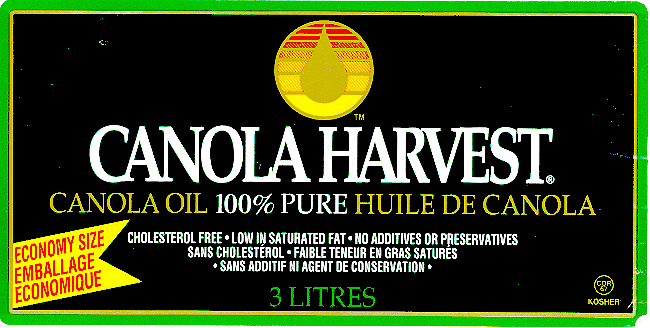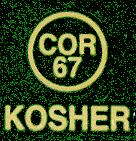4. (1) A trade-mark is deemed to be used in association with wares if, at the time of the transfer of the property in or possession of the wares, in the normal course of trade, it is marked on the wares themselves or on the packages in which they are distributed or it is in any other manner so associated with the wares that notice of the association is then given to the person to whom the property or possession is transferred.
(2) A trade-mark is deemed to be used in association with services if it is used or displayed in the performance or advertising of those services.
(3) A trade-mark that is marked in Canada on wares or on the packages in which they are contained is, when the wares are exported from Canada, deemed to be used in Canada in association with those wares.
|



